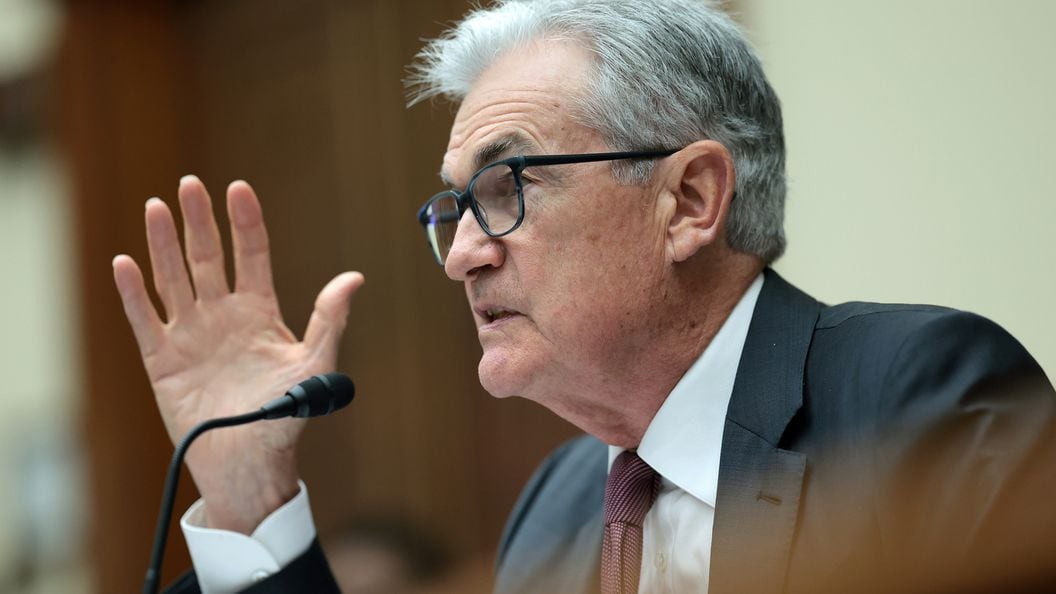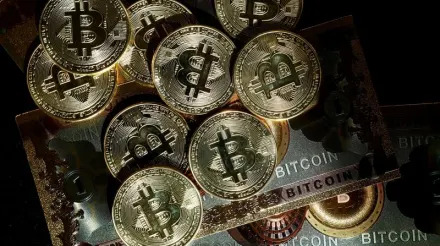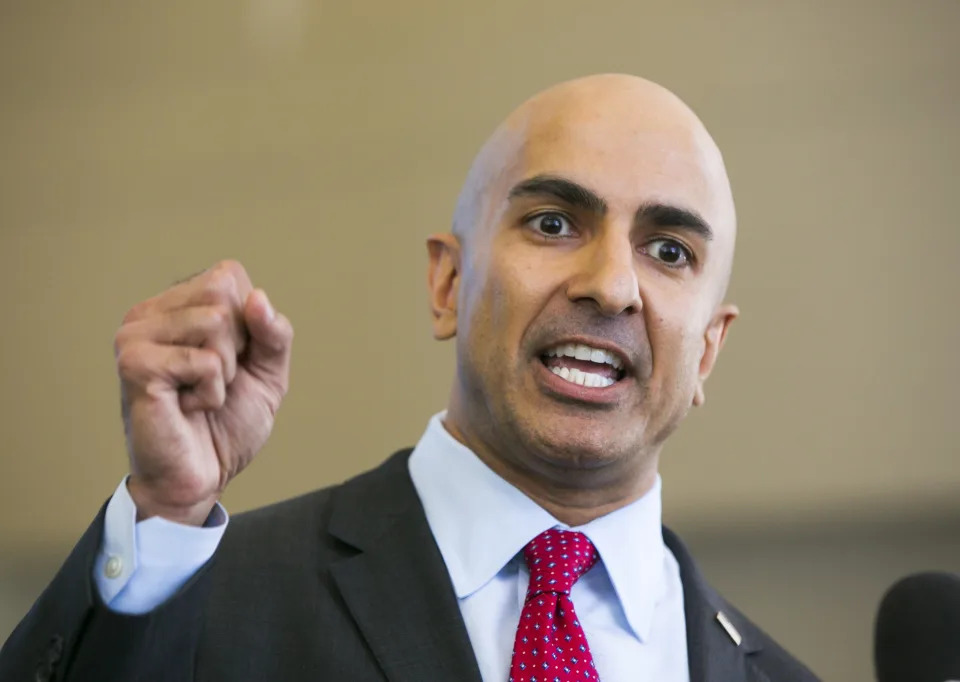-
Kazuo Ueda reiterated the commitment to raise Japanese interest rates further.
-
The yen rallied, while BTC and S&P 500 futures registered moderate losses.
-
BOJ-Fed policy divergence points to continued yen strength and pain for risk assets, including BTC.
Bank of Japan Governor Kazuo Ueda reiterated that the central bank will raise interest rates further if the economy and inflation develop as expected, according to Bloomberg .
In a document filed with a government panel led by Prime Minister Fumio Kishida on Tuesday, Ueda said the economic environment remains accommodative, with inflation-adjusted interest rates negative even after a late July increase in the benchmark borrowing cost. That was the first in decades and triggered an unwinding of yen carry trades, destabilizing risk assets, including cryptocurrencies.
Ueda's comments drew bids for the yen, pushing the USD/JPY pair to 145.85 from 147, according to charting platform TradingView. Futures tied to the S&P 500 slipped by 0.5% and bitcoin (BTC) by 0.4% to $58,920, according to CoinDesk data.
The BOJ's plan to tighten monetary policy poses a challenge for risk assets because the U.S. Federal Reserve is likely to start cutting rates in September and other central banks are expected to do the same in the months ahead.
That means the yen could be solidly bid against most currencies, including the dollar, potentially forcing traders to sell riskier investments and pay back their yen-denominated loans. The unwinding of the so-called yen carry trade rocked the global markets early last month and was partly responsible for BTC's slide to $50,000 from $70,000.
"The initial positive market reaction [to Fed's impending rate cuts] is justified because investors believe that if money is cheaper, assets priced in fiat dollars of fixed supply should rise,"Arthur Hayes, a co-founder and former CEO of crypto exchange BitMEX and the chief investment officer at Maelstrom, wrote in a recent blog post. "I agree; however … we are forgetting that these future anticipated rate cuts by the Fed, BOE, and ECB reduce the interest rate differential between these currencies and the yen."
"The danger of the yen carry trade unwind will reappear and could derail the party unless 'real food' in the form of central bank balance sheet expansion, aka money printing, raises the quantity of money," Hayes said.
Interest rates in Japan were stuck at zero for over two decades, leading investors to borrow yen and invest in high-yielding assets. According to Deutsche Bank, the Japanese government accounted for $20 trillion in carry trade as of October last year.





